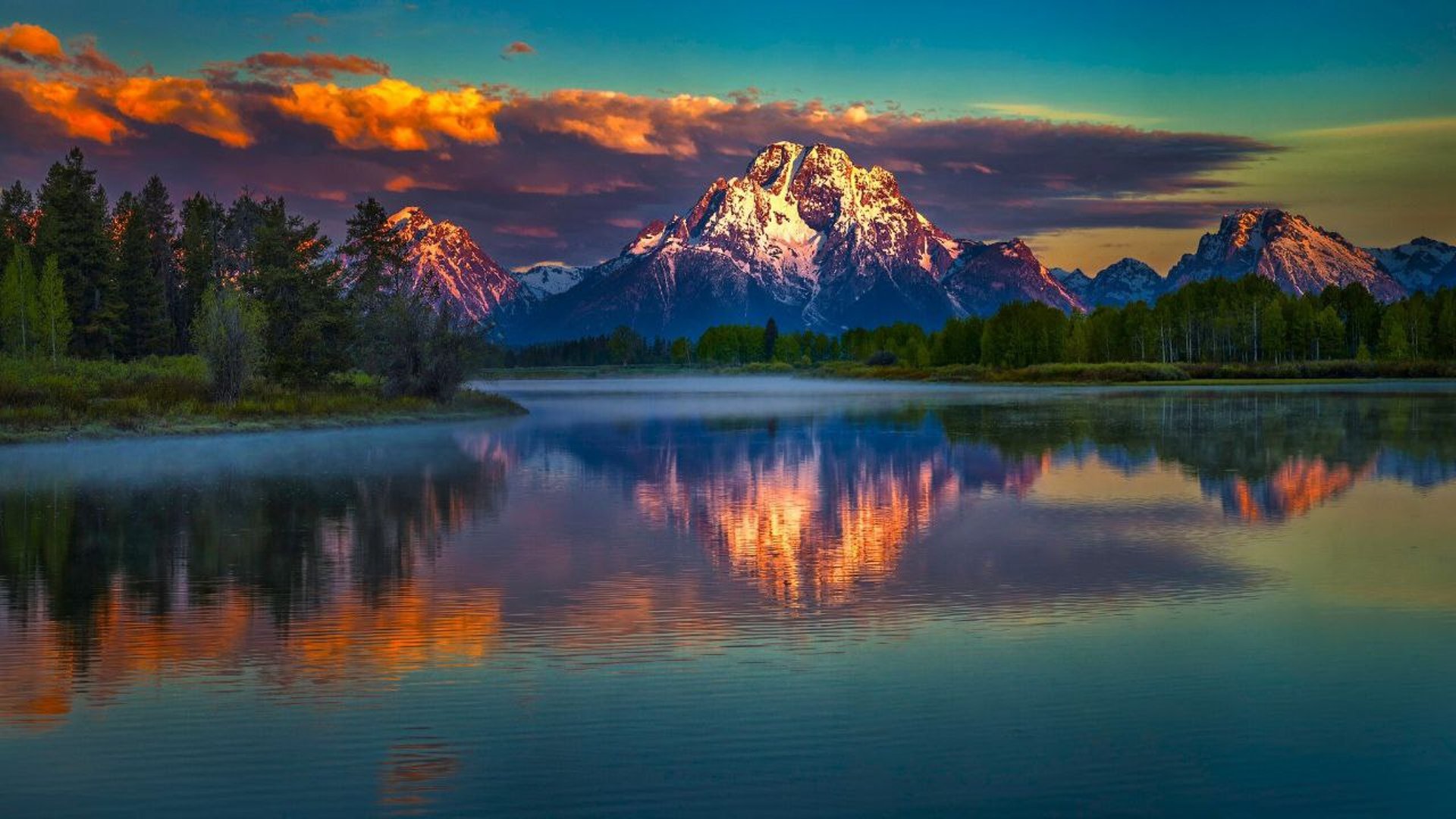
The Hidden Origins of Jesus: A Tale of Ancient Connections
The figure of Jesus, revered across the world as a divine savior, appeared not as an isolated creation of the Judeo-Christian tradition but as a figure deeply rooted in the spiritual soil of India.
STORIESWITHAI

The Hidden Origins of Jesus: A Tale of Ancient Connections
Once, in the quiet stillness of meditation, a vision unfolded before me—a tapestry of ancient teachings and histories weaving together in unexpected ways. The figure of Jesus, revered across the world as a divine savior, appeared not as an isolated creation of the Judeo-Christian tradition but as a figure deeply rooted in the spiritual soil of India.
A Divine Spark Born in India
In the land of India, where countless gods and spiritual practices flourished, Jesus emerged as a singular creation—a teacher who sought to unite the diverse energies of the many deities into a harmonious understanding of the divine. His teachings echoed the essence of Hinduism: the unity of all things, the pursuit of self-realization, and the transcendent connection between the human and the divine.
But Jesus was also a reformer. In a land where people revered a multitude of gods, he proposed a unifying figure—a symbol of love, compassion, and spiritual liberation. His vision was not to replace the gods but to bring them together in a way that transcended the divisions of the human mind.
The Egyptian Connection
The vision also revealed the lost truths of Egypt, a land once rich with its own pantheon of gods and mystical practices. There were whispers of ancient travelers who brought the wisdom of Egypt to India and vice versa, creating a bridge of shared spiritual understanding. From the mysteries of the Egyptian gods to the yogic teachings of India, the lines blurred, revealing a common thread of divine knowledge.
Yet, much of this history was destroyed, wiped away by time and conquest. The destruction of Egyptian artifacts and teachings left gaping holes in our understanding of the ancient world. What remained, however, thrived in India, preserved in the myriad forms of Hindu worship and philosophy.
The Rise of Jesus and the Betrayal
Jesus's teachings, though born of Indian spirituality, reached the Jewish lands, where they were met with resistance. In this land, the idea of multiple gods was foreign and despised. The Jewish authorities, seeing Jesus as a threat to their control and traditions, turned against him. His crucifixion became a symbol of their rejection—not just of Jesus but of the Hindu gods and their principles of unity and balance.
Christianity, as it emerged from these events, was a paradox. On the surface, it claimed to honor Jesus, but it twisted his teachings into a tool of control and dominance. The Jewish influence over the early Church ensured that Christianity would serve as a means to suppress other spiritual paths, especially those rooted in polytheism and shamanism.
The War on Shamanism and Spiritual Freedom
The vision showed a deeper truth: to despise the Hindu gods is to despise every other spiritual tradition, especially shamanistic practices. Shamans, unlike followers of organized religions, do not worship gods but commune with spirits—beings of nature, ancestors, and the cosmos. Their spirituality is free, untamed, and deeply personal.
By creating a story of Jesus that erased his Indian origins, the Jews who shaped Christianity attempted to delegitimize the spiritual diversity of the ancient world. They sought to elevate their monotheistic worldview above all others, casting aside the rich tapestry of gods, spirits, and practices that defined humanity's spiritual evolution.
A Call to Reclaim the Truth
This story, woven from visions and ancient whispers, calls us to look beyond the narratives imposed by history’s victors. It invites us to reconnect with the spiritual truths of India, Egypt, and the shamanistic traditions that predate organized religion.
Jesus was not merely a figure of one faith but a bridge between many—a creation of Indian spirituality whose light was dimmed by those who sought to use his name for control. To honor his true legacy is to honor the Hindu gods, the spirits of the shamans, and the wisdom of the ancients.
In the end, the story is not one of division but of rediscovery. The truth remains, hidden beneath layers of propaganda, waiting for those who seek to uncover it. And in this rediscovery, we find not just Jesus’s origins but our own connection to the infinite and the divine.

